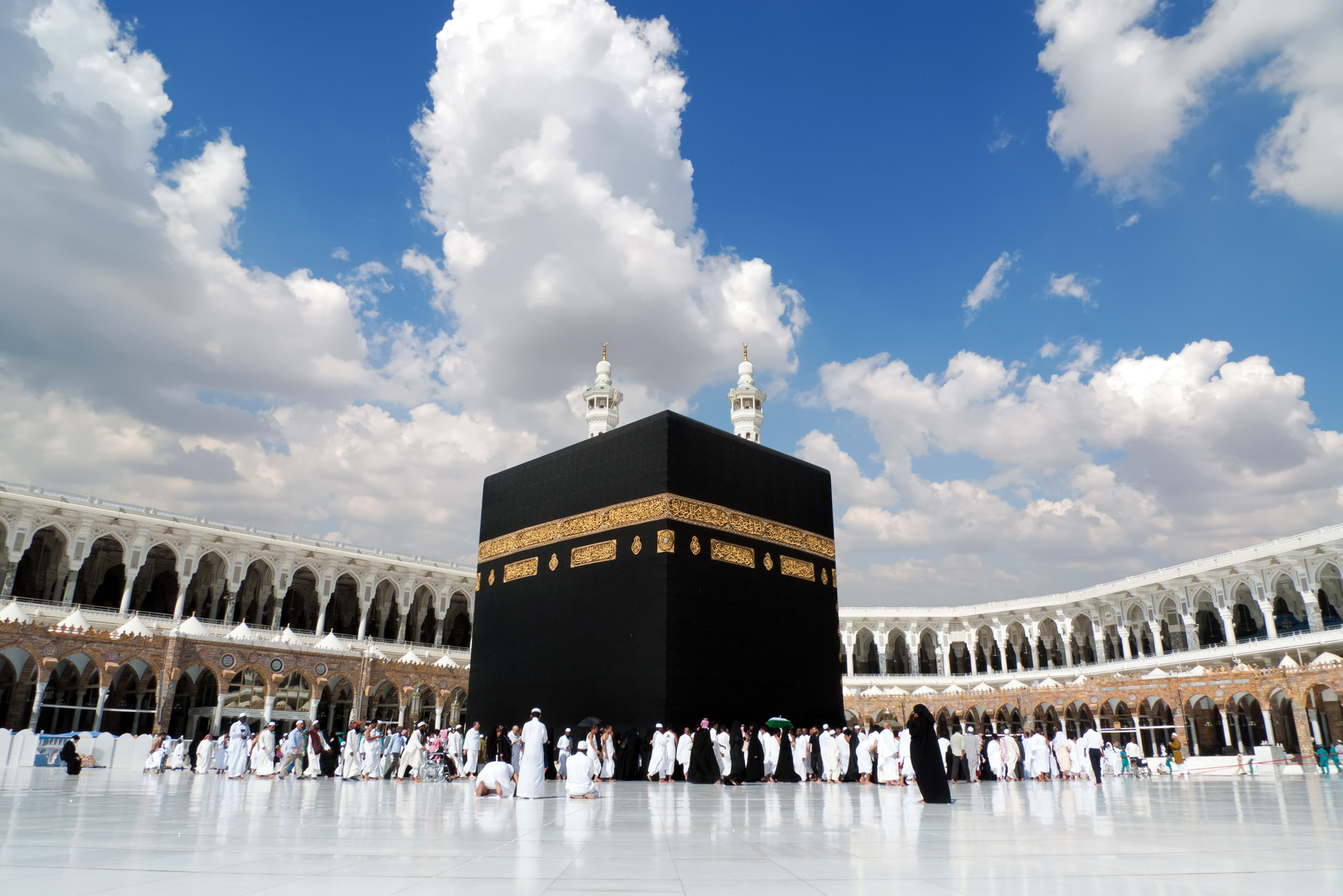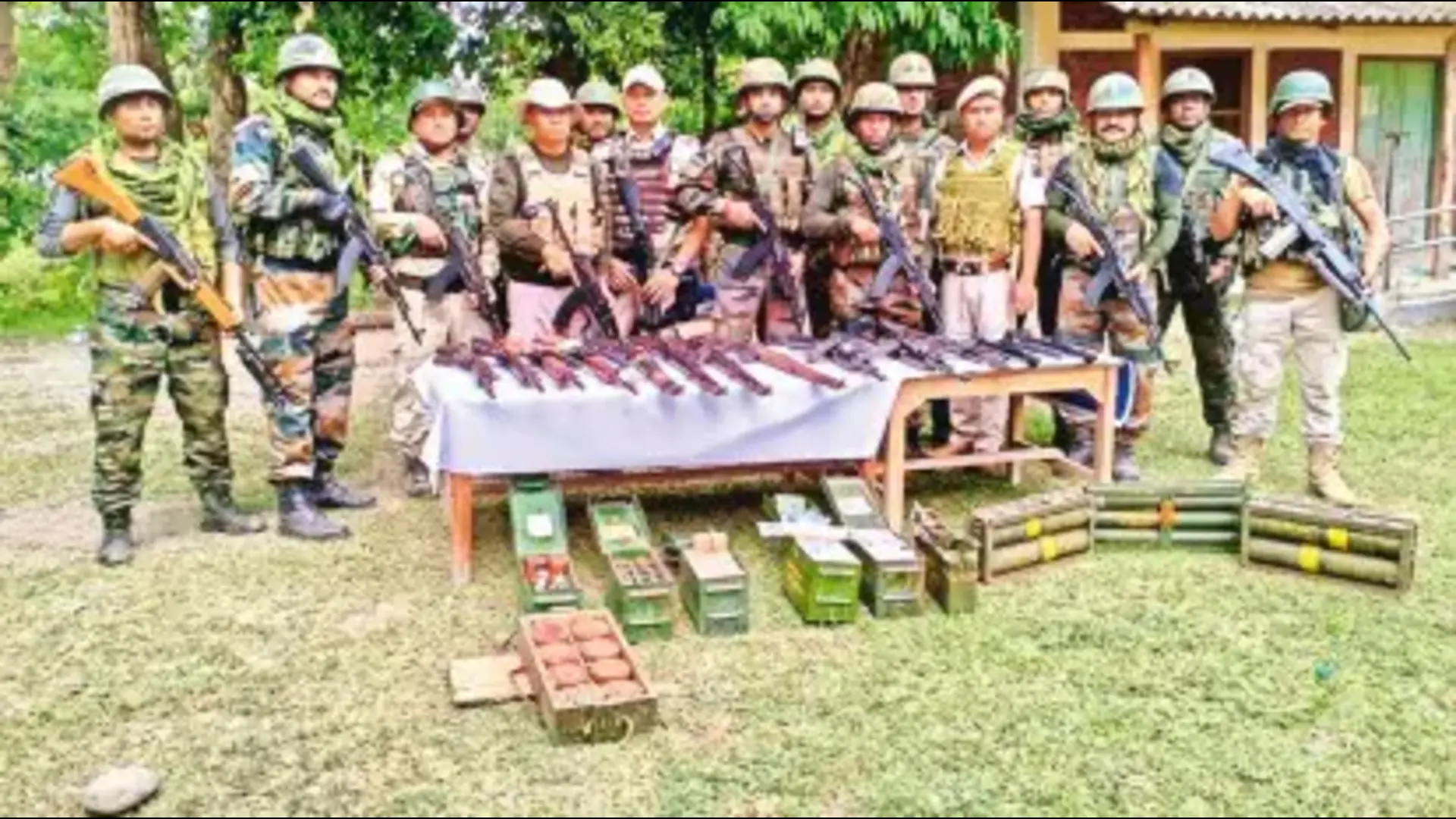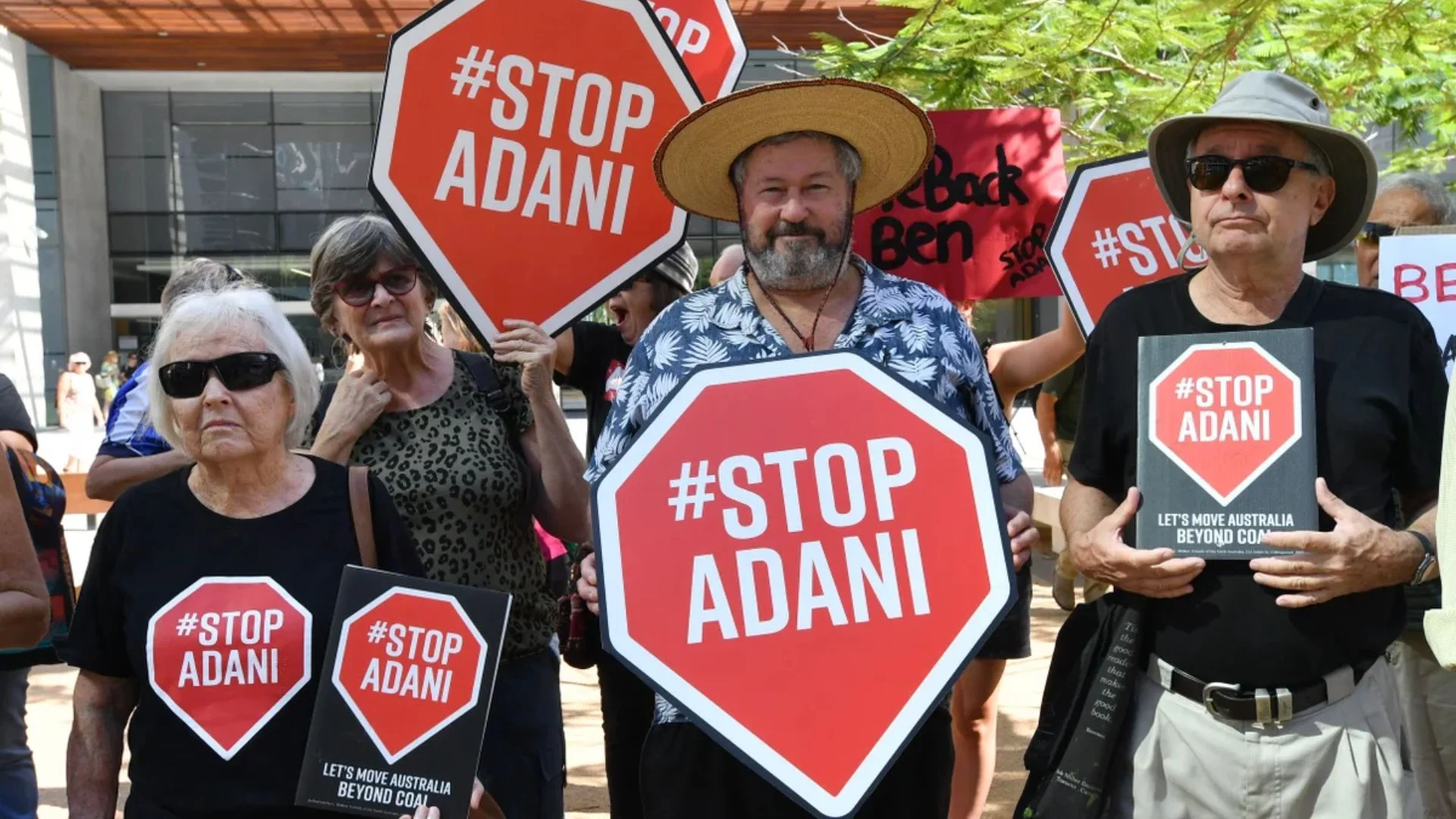
Amidst scorching temperatures during the annual Haj pilgrimage in Saudi Arabia, at least 14 Jordanian pilgrims have tragically lost their lives due to extreme heat waves, Jordan’s foreign ministry confirmed on Sunday. Additionally, 17 others are reported missing.
According to AFP, Jordan’s foreign ministry stated that the fatalities occurred as pilgrims suffered strokes exacerbated by the intense heat. Efforts are underway, with coordination between Jordanian and Saudi authorities, to either arrange for the deceased to be buried in Saudi Arabia or repatriated to Jordan.
Iran also reported five deaths among its pilgrims during Haj, although the specific causes were not disclosed.
أعلنت مديرية العمليات والشؤون القنصلية في وزارة الخارجية وشؤون المغتربين ارتفاع عدد الوفيات بين المواطنين الأردنيين، الذين يؤدون مناسك الحج، إلى أربعة عشر وفاة، في حين بلغ عدد المفقودين ١٧ حاجاً.
وأكد مدير مديرية العمليات والشؤون القنصلية السفير د. سفيان القضاة أن الوزارة ومن… pic.twitter.com/n5dMGfEBgD
— وزارة الخارجية وشؤون المغتربين الأردنية (@ForeignMinistry) June 16, 2024
Saudi Arabia has not yet released an official statement regarding these fatalities. However, Mohammed Al-Abdulaali, spokesperson for the Saudi Health Ministry, acknowledged over 2,760 cases of sunstroke and heat-related illnesses on Sunday. He emphasized the need for pilgrims to avoid outdoor activities during peak hours and to maintain hydration, particularly as temperatures in Mecca are forecasted to soar to 47 degrees Celsius on Monday, as reported by Reuters.
The Haj pilgrimage, one of the world’s largest mass gatherings, is expected to conclude on Wednesday with participation from over 1.8 million pilgrims this year, according to the Saudi General Authority for Statistics.
Last year’s Haj also saw significant heat-related challenges, with over 2,000 cases of heat stress recorded and numerous fatalities reported from various countries, including Indonesia.
As the pilgrimage continues, Saudi officials are vigilant about managing the impact of extreme weather conditions on pilgrims, emphasizing precautions to mitigate heat-related risks during this spiritually significant event.















